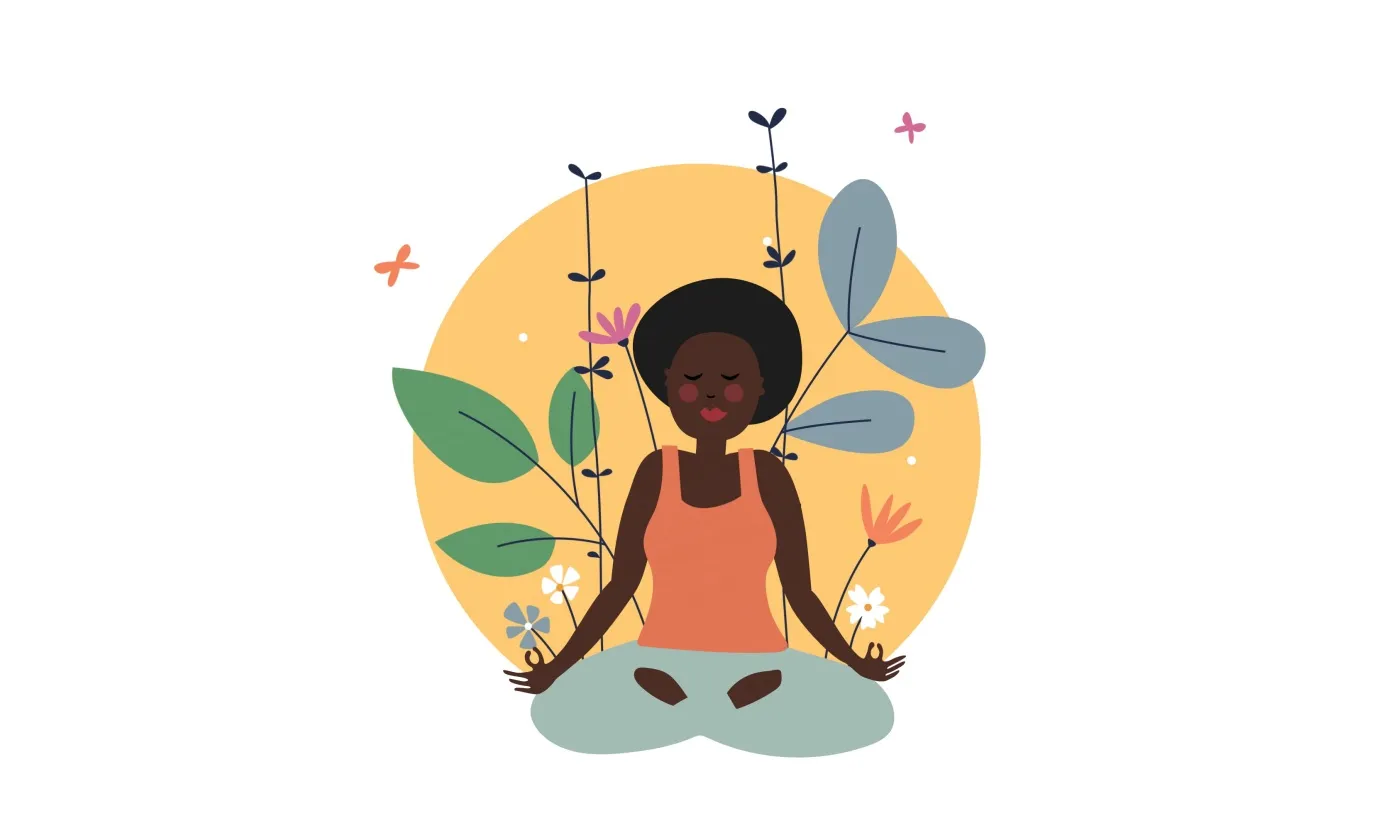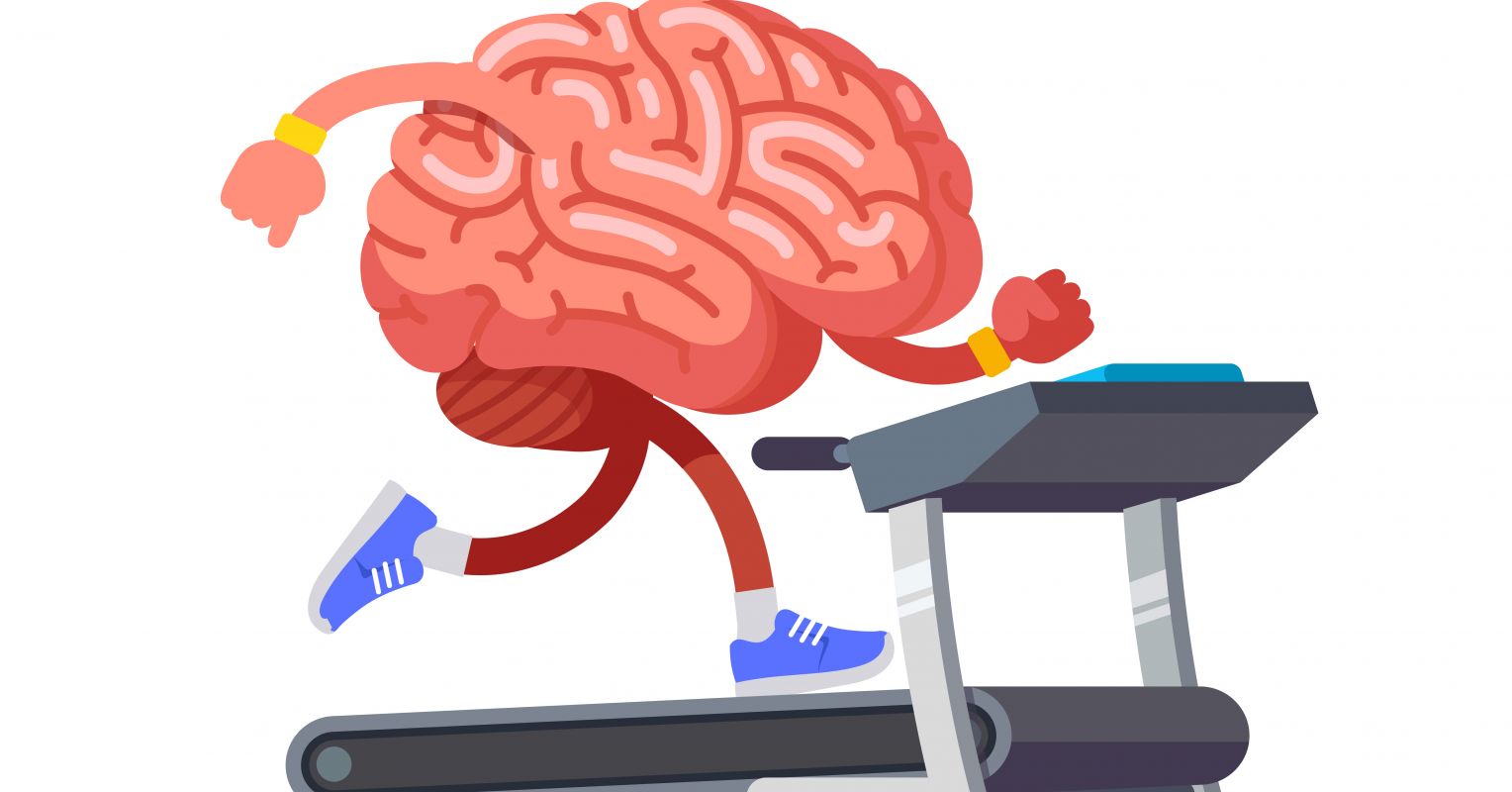
What Is Self-Care, and Why Is It So Important for Your Health?
Let’s clear up one common misconception from the get-go: Self-care is not synonymous with self-indulgence or being selfish. Self-care means taking care of yourself so that you can be healthy, you can be well, you can do your job, you can help and care for others, and you can do all the things you need to and want to accomplish in a day.
What Is Self-Care, and Why Is It Critical for Your Well-Being?
According to this definition, self-care includes everything related to staying physically healthy — including hygiene, nutrition, and seeking medical care when needed. It’s all the steps an individual can take to manage stressors in his or her life and take care of his or her own health and well-being.
In 2019, researchers published a self-care framework to specifically point out that in addition to self-care being the activities individuals do on their own to promote physical and emotional health, it also includes the ways that individuals interact with clinicians and healthcare systems to tend to physical and emotional health. That means self-care includes things like getting a vaccine, scheduling cancer screenings, or taking prescription medications on schedule — but healthcare providers and organizations play a role, too, in how well individuals engage in these self-care practices. In other words: There are a lot of people and factors that bear on any individual’s ability to engage in self-care
“Self-care is anything that you do for yourself that feels nourishing,” says Marni Amsellem, PhD, a licensed psychologist based in the greater New York metropolitan area. Self-care requires checking in with yourself and asking yourself how you’re doing physically, mentally, and emotionally. Some people use it to deal with difficult news stories, while others practice self-care just to maintain their happiness day to day. Self-care does not mean the same thing for everyone. Different people will adopt different self-care practices, and even your own definition might change over time.
Types of Self-Care
- Emotional self-care, such as self-talk, weekly bubble baths, saying “no” to things that cause unnecessary stress, giving yourself permission to take a pause, or setting up a weekly coffee date with a friend
- Physical self-care, such as prioritizing sleep, adopting an exercise routine you can stick with, or choosing healthy and nourishing foods over highly processed ones
- Spiritual self-care, such as attending a religious service, spending time in nature, meditating, incorporating regular acts of kindness into your day, or keeping a gratitude journal
The Effects: How Self-Care Benefits Your Health and Well-Being
Many common self-care practices have been linked to longevity and other positive health outcomes, says Ellen K. Baker, PhD, a psychologist based in Washington, DC. There’s a lot of research, for example, showing that things like exercise, yoga, and mindfulness are supportive of mental and physical health, she says.
The following self-care practices have been well-researched and linked to a longer life:
- Exercise People who exercised between two and eight hours per week throughout their lives reduced their risk of an early death by 29 to 36 percent.
- Finding Purpose According to the researchers behind a 2019 study, having a strong life purpose was associated with decreased mortality rates.
- Diet Eating a diet filled with more servings of fruits and vegetables per day was associated with a lower risk of mortality, especially from heart-related issues.
- Sleep A study published in 2017 found too little sleep (less than seven hours per night) was linked with higher mortality rates, though too much sleep wasn’t healthy either.
- Getting Outside According to a 2019 study, spending time in green space is associated with a lower mortality rate.
How to Start a Self-Care Routine
To get started with a self-care routine:
- Determine which activities bring you joy, replenish your energy, and restore your balance.
- Start small by choosing one behavior you’d like to incorporate into your routine in the next week.
- Build up to practicing that behavior every day for one week.
- Reflect on how you feel.
- Add more practices when ready.
- Get support through sharing practices from loved ones, a coach, a licensed professional (like a therapist or dietitian), or through your healthcare plan, community, or workplace.


